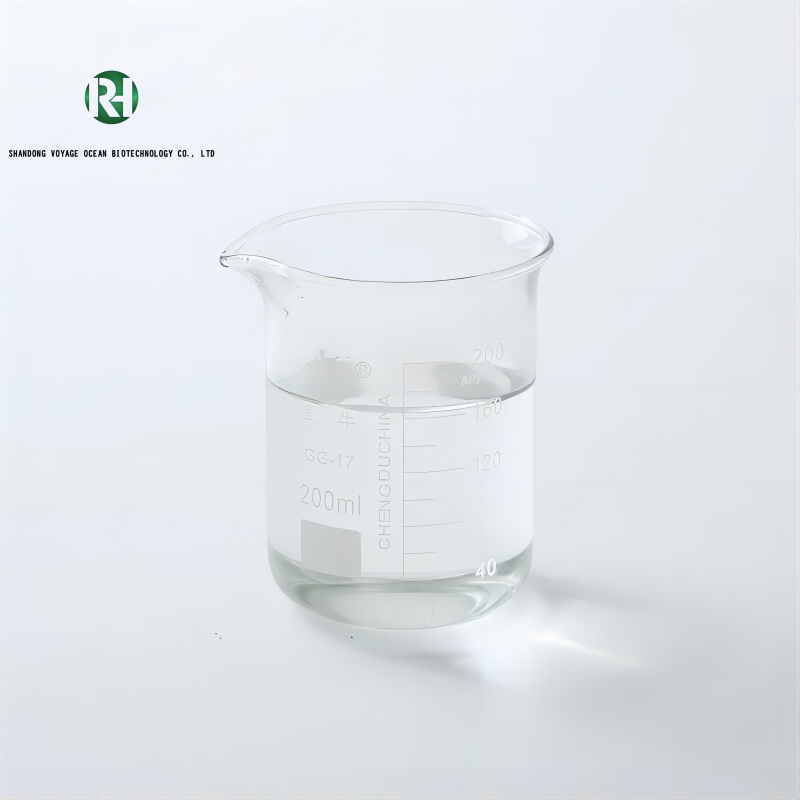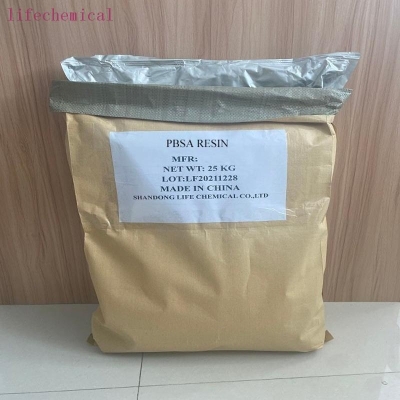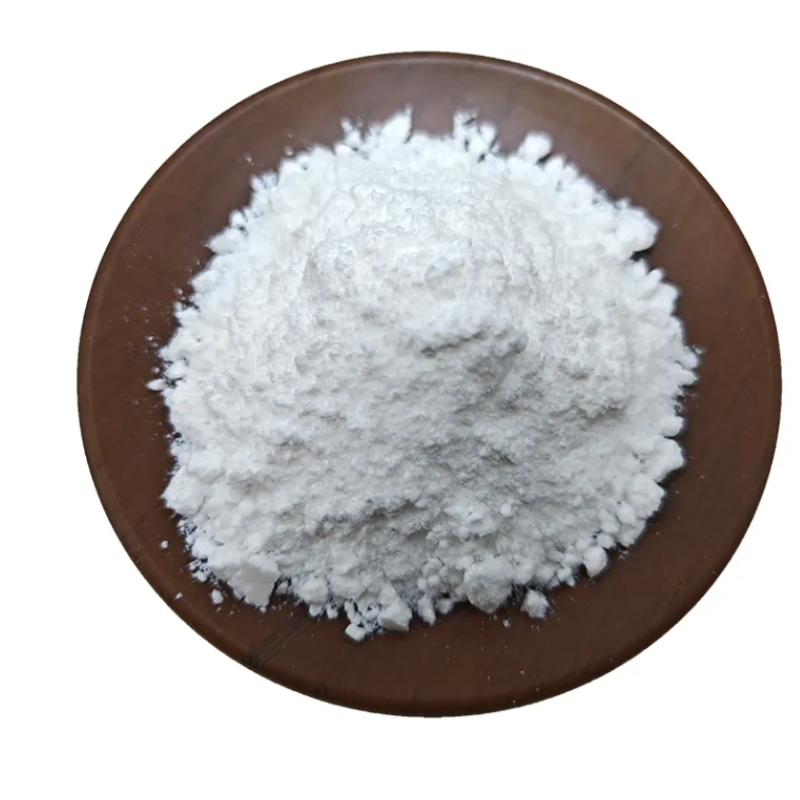-
Categories
-
Pharmaceutical Intermediates
-
Active Pharmaceutical Ingredients
-
Food Additives
- Industrial Coatings
- Agrochemicals
- Dyes and Pigments
- Surfactant
- Flavors and Fragrances
- Chemical Reagents
- Catalyst and Auxiliary
- Natural Products
- Inorganic Chemistry
-
Organic Chemistry
-
Biochemical Engineering
- Analytical Chemistry
-
Cosmetic Ingredient
- Water Treatment Chemical
-
Pharmaceutical Intermediates
Promotion
ECHEMI Mall
Wholesale
Weekly Price
Exhibition
News
-
Trade Service
According to reports, the Japanese engineering giant Chiyoda Chemical Construction Co.
, Ltd.
is preparing to start a large-scale purchase of hydrogen, which is expected to become an energy source in the future, in Brunei, a Southeast Asian oil-producing country
.
Regarding overseas hydrogen procurement, Kawasaki Heavy Industries has indicated that it will start in Australia
.
Both of these projects are supported by the Japanese government, and they intend to use imports from these two countries to prepare for future large-scale domestic consumption in Japan
.
Chiyoda Chemical Industry is working with large trading companies to investigate the feasibility of the project locally, and will launch a commercial-oriented empirical test after review in Japan
.
It is expected that the policy of cooperation with local energy companies in Brunei may be officially announced next month
.
Hydrogen is regarded as the "ultimate pollution-free energy" that does not produce greenhouse gases after combustion
.
In the future, it is expected that the popularization of hydrogen power generation and fuel cell vehicles will lead to a sharp increase in domestic consumption
.
Extracting hydrogen from water requires a large amount of electricity, etc.
, and there are many technical issues in domestic procurement
.
Chiyoda Chemical focuses on the unused hydrogen generated during crude oil refining, and transforms it into a state that can be transported by existing chemical tankers.
After arriving in Japan, it is converted into hydrogen again through a special catalyst developed by the company
.
The company's domestic acceptance base is the coastal area of Kawasaki City, and it plans to supply nearby factories and hydrogen stations
.
The plan promoted by Kawasaki Heavy Industries is to liquefy the hydrogen extracted from Australia's "lignite" and transport it to Japan
.
"Lignite" is a cheap coal with many impurities
.
The New Energy and Industrial Technology Development Organization (NEDO) under the Ministry of Economy, Trade and Industry of Japan intends to provide two-thirds of the costs required for the two projects, with a total assistance of about 30 billion yen (approximately 2 billion yuan) in six years.
)
.
, Ltd.
is preparing to start a large-scale purchase of hydrogen, which is expected to become an energy source in the future, in Brunei, a Southeast Asian oil-producing country
.
Regarding overseas hydrogen procurement, Kawasaki Heavy Industries has indicated that it will start in Australia
.
Both of these projects are supported by the Japanese government, and they intend to use imports from these two countries to prepare for future large-scale domestic consumption in Japan
.
Chiyoda Chemical Industry is working with large trading companies to investigate the feasibility of the project locally, and will launch a commercial-oriented empirical test after review in Japan
.
It is expected that the policy of cooperation with local energy companies in Brunei may be officially announced next month
.
Hydrogen is regarded as the "ultimate pollution-free energy" that does not produce greenhouse gases after combustion
.
In the future, it is expected that the popularization of hydrogen power generation and fuel cell vehicles will lead to a sharp increase in domestic consumption
.
Extracting hydrogen from water requires a large amount of electricity, etc.
, and there are many technical issues in domestic procurement
.
Chiyoda Chemical focuses on the unused hydrogen generated during crude oil refining, and transforms it into a state that can be transported by existing chemical tankers.
After arriving in Japan, it is converted into hydrogen again through a special catalyst developed by the company
.
The company's domestic acceptance base is the coastal area of Kawasaki City, and it plans to supply nearby factories and hydrogen stations
.
The plan promoted by Kawasaki Heavy Industries is to liquefy the hydrogen extracted from Australia's "lignite" and transport it to Japan
.
"Lignite" is a cheap coal with many impurities
.
The New Energy and Industrial Technology Development Organization (NEDO) under the Ministry of Economy, Trade and Industry of Japan intends to provide two-thirds of the costs required for the two projects, with a total assistance of about 30 billion yen (approximately 2 billion yuan) in six years.
)
.







